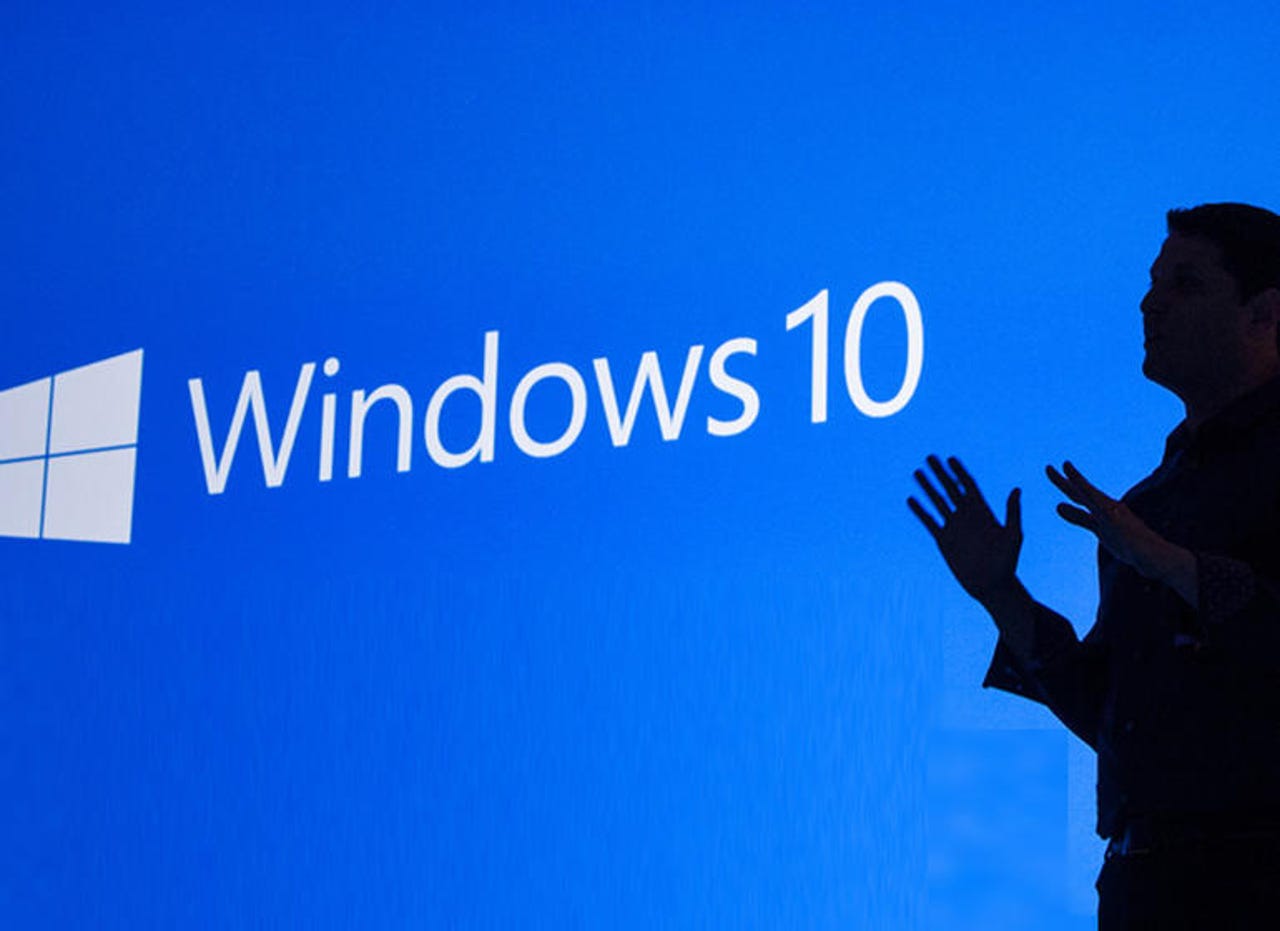Windows 10: Now SUSE Linux comes to Windows Store for Insiders

The new downloads are available for users running the latest Windows Insider builds.
SUSE Linux Enterprise Server and openSUSE are now available for download on Microsoft's Windows Store.
The new downloads from the Windows Store should make it easier to install these Linux distributions and run them on the Windows Subsystem for Linux (WSL). The downloads are available for users running the latest Windows Insider builds.
Ubuntu and RedHat Fedora aren't on the Windows Store yet but they're coming too. Microsoft announced at Build in May that it was working with Ubuntu maker Canonical to bring Ubuntu to the Windows Store.
Canonical and Microsoft have worked together over the past year to bring native Bash to Windows via WSL. Microsoft is also working with SUSE Linux and Fedora Linux to bring their distributions to the Windows Store and WSL.
Users could previously run openSUSE Linux shell on WSL, but it required effort. Microsoft added a host of new features to WSL in the Windows 10 Creators Update.
MSPoweruser spotted SUSE Linux Enterprise Server 12 and openSUSE Leap 42 on the Windows Store for Windows 10 yesterday.
openSUSE Leap 42's description says the distribution is stable and aimed at beginners to experts for use on desktop or server environments.
"The latest release, openSUSE Leap 42.2, features new and massively improved versions of all useful server and desktop applications. It comes with more than 1,000 open-source applications," says SUSE.
SUSE Linux Enterprise Server is targeted to "physical, virtual and cloud-based mission-critical workloads".
"SUSE Linux Enterprise Server 12 is a modular, general-purpose operating system and runs on all major processor architectures," SUSE says in the product description.
"It is optimized to run on leading hypervisors and supports an unlimited number of virtual machine guests per physical system with single subscription, making it the perfect guest for virtual and cloud computing."
More on Microsoft, Windows and Linux
- How to install Linux Mint on your Windows PC
- 'Safe and predictable' Windows 10 S won't run Linux, says Microsoft
- It's the year of Linux on the Windows desktop
- Microsoft: No, Linux users, we didn't try to penalize you for not using Windows with OneDrive
- Microsoft uses open-source software to create Windows
